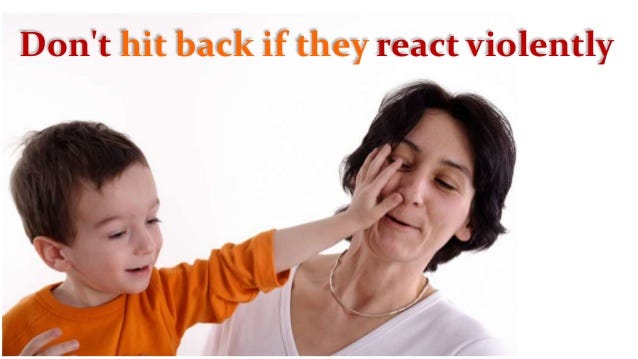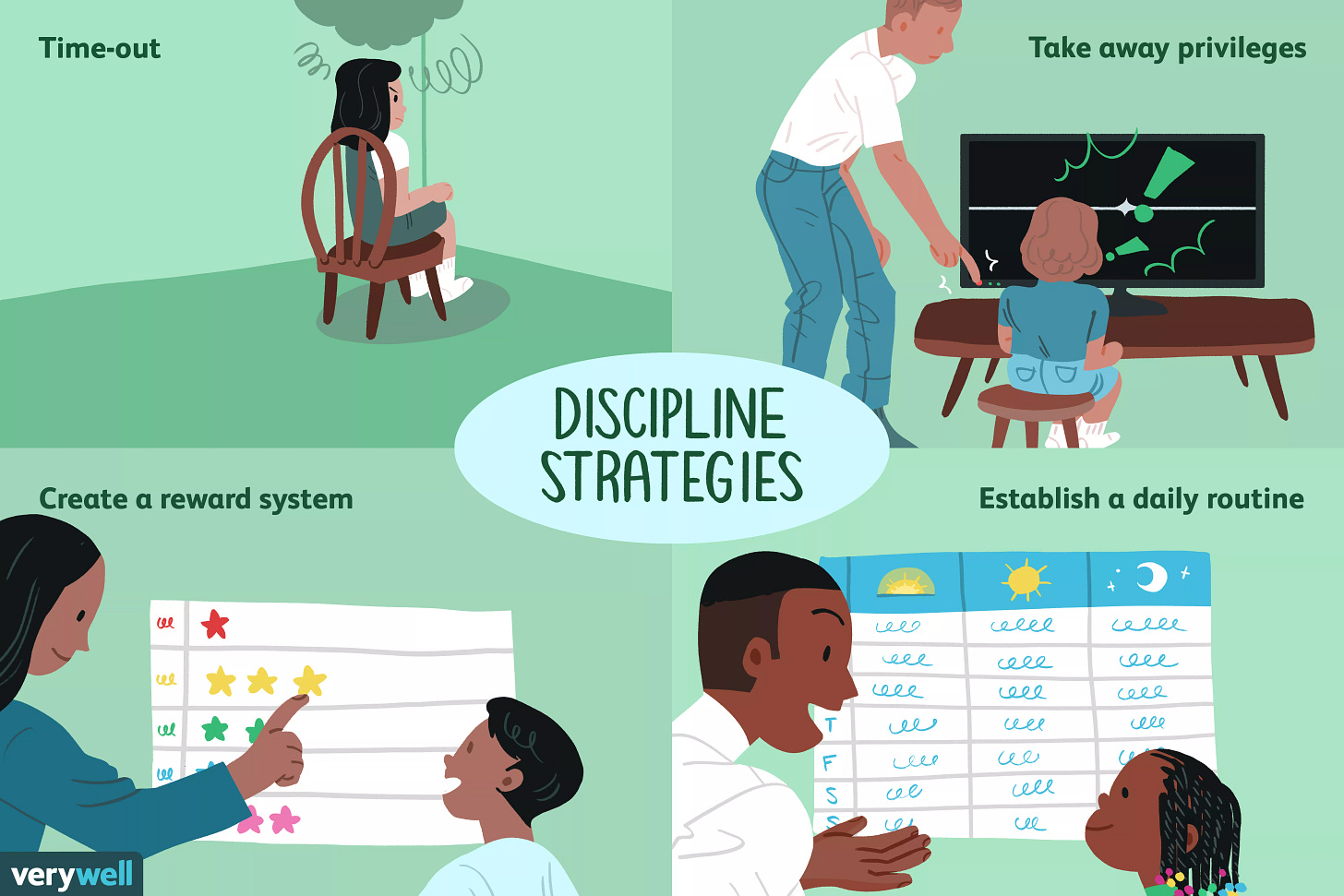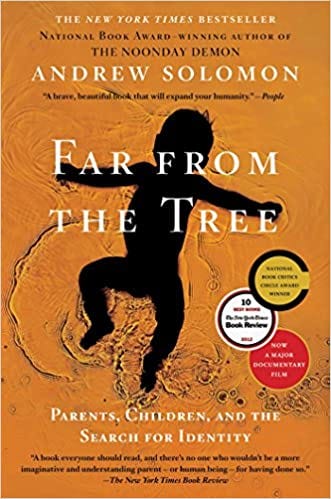My son has a single hair that grows between his upper lip and his left nostril. I believe it qualifies as a “whisker.” I let this solitary dandelion grow until it was at least two inches long, when I could stand it no more, whereupon, I plucked it. He yelped and told me, in the way I had been teaching him since birth, that it was his body, and he liked his whisker, and he would decide if it would stay or go. Since then, the whisker has, as all the ladies’ magazines warn us, grown back bigger and stronger. It shoots itself off of his pretty little cartoon-character-looking-face as if to say “You are not as in control as you think you are.” It takes all my strength not to wrest it from its errant follicle. I see the whisker in my dreams, and the whisker knows my secret. I do not want my child to be himself, I want him to be my child.

I remember years ago, before I had children (commence wistfulness), a parenting coach told me about a client of hers. This mother let her children do whatever they wanted. The kids ran the place - horror stories of unlimited television and sugar cereal abounded. “Why would anyone do that?” I asked. “Easy,” my friend responded, “she’s afraid of her kids.” A mixture of pity and disgust arose in me. At that time, kids did not spook me. I had been working with children with “special needs” for years. Kids had ripped up my papers, refused to do my painstakingly constructed activities, accused me of keeping the messiah from coming (true story for another time), pooped on my office rug (that’s the whole story). I forgave them. I even loved them for their misbehavior. It led me to understand them and our relationships better. The messiah kid and I ended up in couples counseling and actually had a breakthrough (also true). As my textbooks told me, “all behavior is communication.”
Here is a list of things my child has done in the past week: told me he hates me, pulled my hair so hard that I thought he would tear it out, shoved his sister off of any number of high-up places, thrown a real, metal shovel at my head. His anger — at growing so fast, so suddenly, at having his whims constantly negged, at spending months with only his parents and a mercurial toddler as company — is like a homing device for my desperation. His rage rises in him like the devil, and most of the time, I want to wrest it out of him with my bare hands.

This lady looks like she’s having fun……
Here, is a list of things I have tried: making a schedule, throwing away said schedule, giving him one-on-one attention, playing Lego-Alien-Mission-something-or-other-I-can’t-keep-up (while being yelled at for not playing it right), reading him childrens books about anger, arranging virtual playdates with his friends, sending him to his room for a “time in” (that’s what we’re calling it these days), actively ignoring minor behaviors, trying everything again because probably I didn’t do it with enough (insert aspirational adjective here) the first time, taking half of a weed gummy at noon just to make it through the day, taking the other half at 12:10.

This mom looks like she gets more sleep than I do.
In Far From the Tree, a beautiful behemoth of a book that will change how you view parenting, Andrew Solomon argues that parenting requires two essential ingredients: love and acceptance. As he puts it “Love is something that, ideally, is there unconditionally throughout the relationship between a parent and a child. But acceptance is something that takes time. It always takes time.” Solomon’s stories are about parents whose children have identities that are foreign to them - autism, schizophrenia, prodigy-level piano-playing. You can open this book to any chapter (or if you have “long-ass-book-ADHD” like I do, watch the Ted Talk) and have your mind blown.

The passage that sticks with me, even more than the devastating interviews with the mother of Columbine-shooter Dylan Klebold, is about a mother named Deirdre, who found out seconds after her daughter’s birth that she had Down Syndrome. “All my friends had these children they thought were perfect,” she says “and then they’ve had to come to terms with their children’s limitations and problems. I had this baby everyone thought was a disaster, and my journey has been to find all the things that are amazing about her.”
Love and acceptance. Shit. In the early days of parenting, when I struggled so much to feel that I loved my child, who had so fully upended my life and given little in return, I thought love was the true accomplishment. I remember the moment when I realized I loved him - walking down the sidewalk without him, lost in thought, coming upon a ridiculous looking puppy and wishing he was there with me to see it - and I believed then that my work was done.
A colleague once complained, rightly so, about an overbearing teacher insisting that her daughter, the pinnacle of interpersonal skills, participate in a social skills group. She said something that, being a school psychologist, has haunted me since: “They (referring to the staff at this fancy private school) all think every problem is something to be assessed, diagnosed, and solved.”
That’s what I do for a living. That’s what my generation of parents has been promised. If we narrate our child’s existence, they won’t drop out of college. If we get down at their level and look them in the eye when they misbehave, they will not grow up to be sociopaths. What’s so terrible about accepting these possibilities? Even those of us who have been handed down a grand pronouncement of imperfection, like Deirdre, are told that with enough therapies, sensory strategies, diet overhauls, they too can have children who are unblemished. I have seen parents drag children from treatment to treatment, feed them castor-oil shakes that make them vomit, all with the hope of making their child less themselves.
I teach this idea of love and acceptance to my student teachers. In the classroom, we have to rid ourselves of the notion that our job is to shape our students into some kind of mold — criss-cross-apple-sauce and on-to-the-next-reading-level and gracefully agreeing you are “out” in four-square without a fuss. Instead, we do our best to learn who each of our students is at their core, and give them the tools to be a version of themselves that makes them happy. But this is not the messaging most teachers get. And so we find ourselves frustrated and overwhelmed with children who do not conform, and parents who would like them to sit criss-cross-apple-sauce too, and we feel we have failed these children when we fail to make them like other children.
And now, oh god don’t get me started. Our children are showing their hardest-to-love parts. They are not showing up to virtual circle time and tantruming ALL DAY LONG and forgetting to proofread the essay and forgetting to write the essay in the first place. There are whiskers sprouting all over their sweet little bodies, and us teachers and parents are gazing at this ugly mess and taking up our old tools — the tools we’ve been given — to judge them or reject them or give them an “Incomplete.”

What if my son’s problem, my son’s fury, can’t be solved? What if it’s not a problem at all? What if it just….is? What if being a parent to my child means not just leaving the whisker alone but accepting it? Or learning to look at his face and not see it as a barrier between the child I have and the child I imagined?
Here is another list of things my son has done this week: told me “I will never not love you even if I hurt you,” chanted “mama is the best!” as I biked up a gentle hill, pointed out my favorite flower on a walk, sung me a song about being brave when I was struggling to finish my grading, raced to recover his sister’s lovey (which is so “loved” its cotton brains are slowly leaking out of its head) when she was distraught.
I love my son. I am working to accept him. I do not want to take another shovel to the head in the process. Maybe I just need to start walking around the house in a helmet.





where was your newletter when I needed it 50 years ago? Gordon W, Phd
Beautiful !!!! I am new to your list and a child psychiatrist who wrote the Behavior Code. You nailed it love and acceptance for who our kids are.